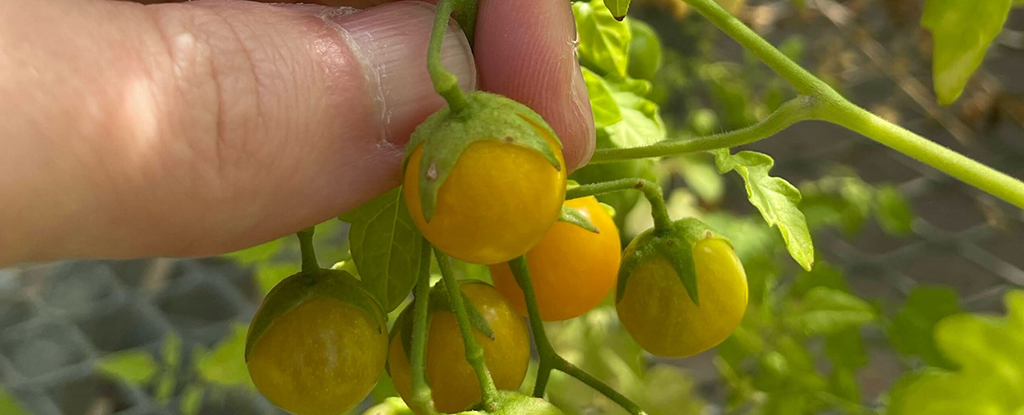The recent study on wild tomatoes in the Galapagos Islands provides a compelling example of evolutionary backtracking, a phenomenon where species revert to ancestral traits after undergoing genetic changes over millions of years. Researchers from UC Riverside and the Weizmann Institute of Science found that variations in alkaloid production among tomato species, specifically Solanum cheesmaniae and Solanum galapagense, revealed significant differences based on geographical locations within the islands.
While eastern island tomatoes produced modern alkaloids, western plants showed older, ancestral forms of these chemicals—similar to those found in tomato-eggplant ancestors. This change appears to correlate with environmental pressures on the younger, more barren western islands.
Leading researcher Adam Joswiak emphasized the unexpected nature of this backtracking, noting that it challenges conventional evolutionary expectations. The study also highlights the role of specific enzymes in alkaloid production and suggests that selective pressures may drive these genetic reversals throughout the population.
This phenomenon, referred to as genetic atavism, has been observed in other isolated cases, like genetically altered chickens regaining teeth. The findings can inform advanced genetic engineering, potentially leading to developments in medicine and agriculture. The research underscores the importance of understanding nature’s mechanisms to harness similar changes for beneficial applications. The full study is published in Nature Communications.


